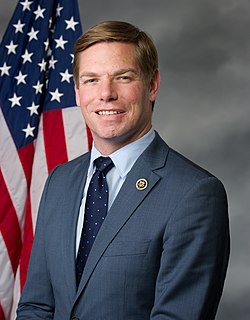A Quote by Toomas Hendrik Ilves
The E-government cabinet, E-health services, online voting, online pre-filled tax returns, e-mobile parking, are all examples of Estonian innovation, but far more importantly, they are examples of the transformative power of intensive and extensive use of Information Technology in the public sector.
Related Quotes
Jobs in the public sector are increasingly dependent on technology, and more and more government services are available online in developed and developing countries. Women who have ICT skills can help develop and deliver these services, even in places where the sexes are traditionally kept separate.
Designing Online Communities is a must-have for anyone designing or researching online communities, particularly for learning. Owens' work is both comprehensive and eminently readable, a sweeping look at the technologies, design patterns, and cultural forms they produce that is both theoretically ambitious and grounded in examples and tools that will help you develop, research, and manage online communities.
While sanctions against Iran and Syria are intended to constrain those countries' governments, they have had the unfortunate side effect of constraining activists' access to free online software and services used widely across the Middle East, including browsers, online chat applications, and online storage services.
As information technology becomes millions of times more powerful, any particular use of it becomes correspondingly cheaper. Thus, it has become commonplace to expect online services (not just news, but 21st century treats like search or social networking) to be given for free, or rather, in exchange for acquiescence to being spied on.
Whether it's by helping us search for health-related information, connecting us with doctors through online portals, or enabling us to store and retrieve our medical records online, the Internet is starting to show the promise it has to transform the way people interact with and improve their own health and wellness.
People always ask why I stay in the online space versus going to TV or film, like most people would do, and the answer is that there's opportunity for innovation online - not only innovation in storytelling, but also innovation in how you interact with your audience and that is very fulfilling to me personally.
Governmental surveillance is not about the government collecting the information you're sharing publicly and willingly; it's about collecting the information you don't think you're sharing at all, such as the online searches you do on search engines... or private emails or text messages... or the location of your mobile phone at any time.


































